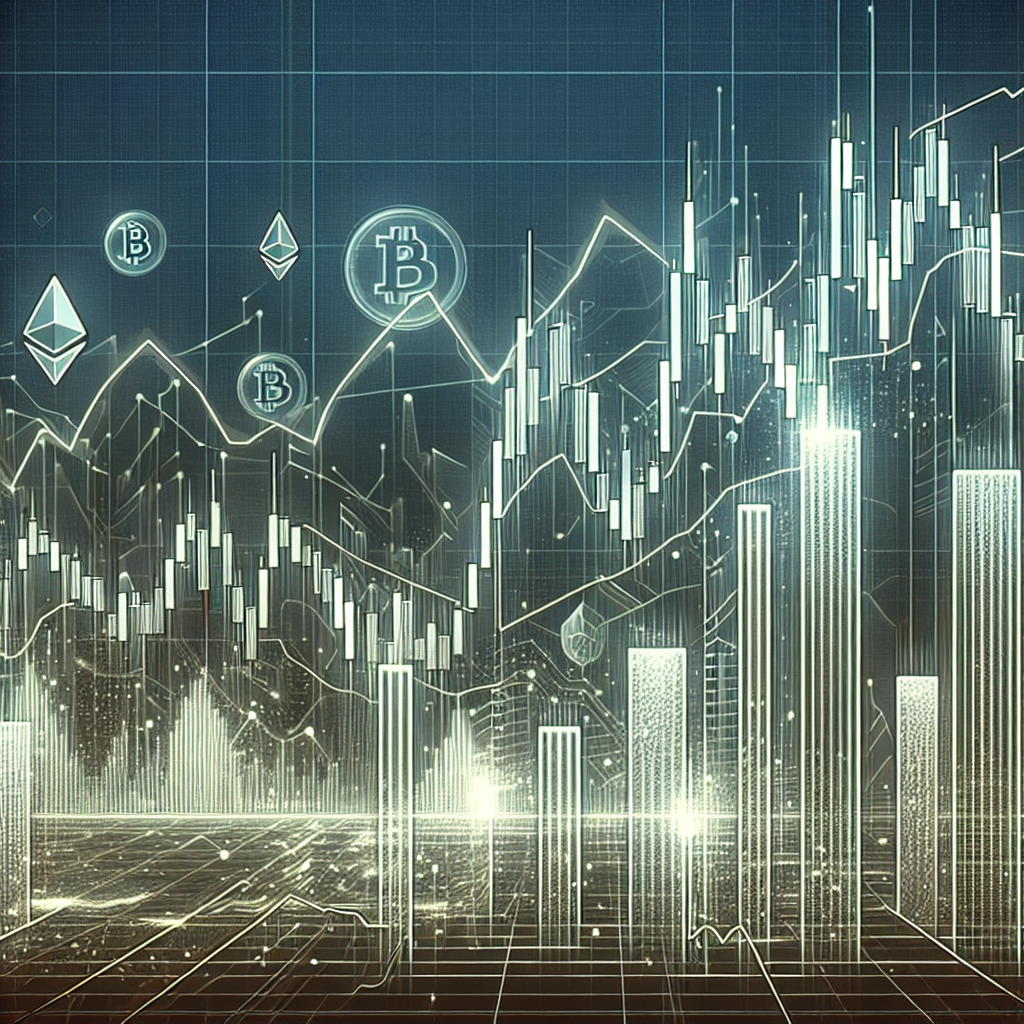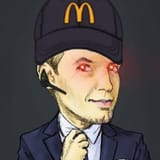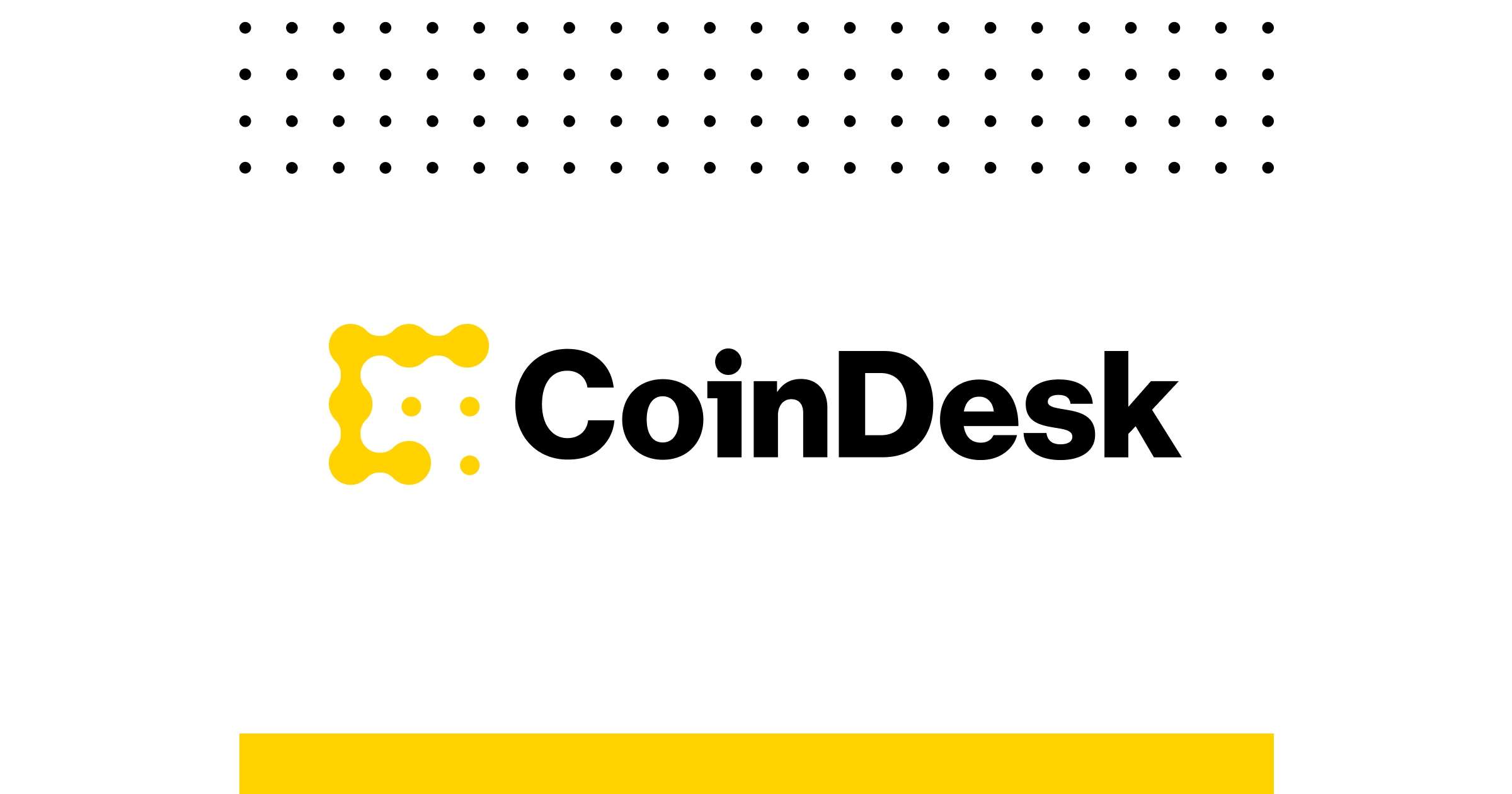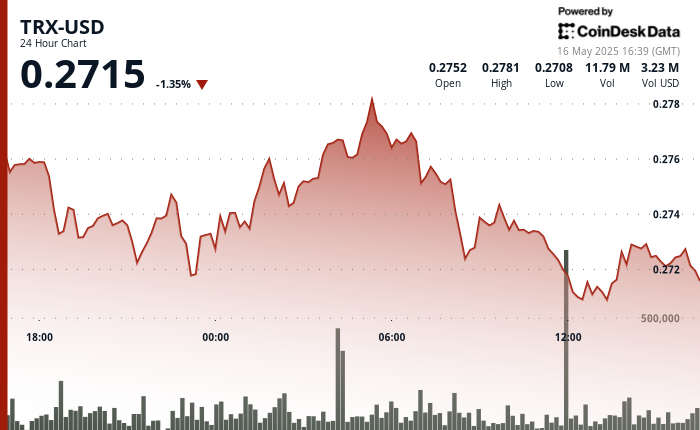U.S. Recession Odds Surge in Prediction Markets on Tariff Shock. What Next for BTC?


The anticipation of a potential U.S. recession has surged following President Donald Trump's tariff strategies, with forecasting platforms Polymarket and Kalshi highlighting growing worries about the economy taking a hit.
On Polymarket, a decentralized forecasting platform, the odds of the country sliding into recession this year crossed the 50% mark for the first time since the initiation of the betting pact "US Recession in 2025" earlier this year. The Yes shares under this contract skyrocketed to over 50 cents from 39 cents within a day.
Kalshi, a regulated prediction market based in the U.S., also echoes heightened economic apprehensions among traders, showing an increased likelihood of a 2025 recession rising from 40% to 54%.
The comprehensive tariffs revealed on Wednesday involve a fundamental rate of 10% on all imports and elevated levies on 60 nations identified as major wrongdoers. China bears a substantial blow with a 34% duty imposed atop an existing 20%, totaling at 54%. The standard tariffs become effective on April 5 with higher reciprocal rates coming into play on April 9.
U.S. Recession Odds Surge in Prediction Markets on Tariff Shock. What Next for BTC?
Traders on Polymarket and Kalshi are pricing in an over-50% chance of a U.S. recession this year.
- President Trump's new tariffs have increased concerns the U.S. will enter an economic downturn.
- Prediction markets Polymarket and Kalshi are showing an over-50% probability of a recession.
- The tariffs could lead to inflation and global trade tensions.
- Some experts say the economic impact will be a slowdown rather than a recession, with potential for Federal Reserve rate cuts.
Despite expectations by the Trump administration that tariffs will rectify the significant and persistent U.S. goods trade imbalances, they could potentially contribute to domestic inflation and global instability in the short term. Immediate global trade tensions might ensue if China, along with the European Union and other nations retaliate with increased tariffs, potentially initiating a worldwide trade conflict.
Nevertheless, some analysts suggest that rather than leading to a full-blown recession, uncertainty surrounding tariffs might result in an economic deceleration.

UBS stated in a blog post that while concerns persist about further tariff escalations, their economic forecasts do not foresee a U.S. recession. Their base prediction indicates that selective tariffs and counteractions are likely to result in slower economic growth compared to last year but should not impede the U.S. economy from expanding by approximately its historical trend rate of around 2% this year.
Regarding financial markets, some experts view the tariffs as dovish; hence, any initial risk-averse reaction may be short-lived and swiftly overturned by expectations of Federal Reserve interest-rate reductions.
Joseph Wang from research portal fedguy.com emphasized that while tariffs can be inflationary, they can be counterbalanced through foreign exchange rates and are fundamentally temporary. Nevertheless, enduring harm to business sentiment could lead to prolonged unemployment—a scenario which the Fed aims to avoid. Markets are already factoring in an increased likelihood of a Fed benchmark borrowing cost reduction in June as they anticipate reinitiating an easing cycle that commenced in September last year.
Risk-off to be short-lived?
Still, some observers say the tariff uncertainty might lead only to an economic slowdown rather than a full-blown recession.

"The threat of further tariff escalation remains a key concern, but our economic forecasts do not call for a recession in the US," UBS said in a blog post. "In our base case, a wide range of selective tariffs and counteractions are likely to lead to slower economic growth compared to last year, but they should not prevent the US economy from expanding by around 2%—its historical trend rate—this year."
As for financial markets, some observers say the tariffs are dovish, meaning the initial risk-off reaction could be short-lived and quickly reversed by expectations of Federal Reserve interest-rate cuts.
"Remember - tariffs are dovish, and big tariffs are very dovish," Joseph Wang, operator of the research portal fedguy.com said on X, referring to his November post that detailed how big tariffs would lead to more rate cuts.
Wang argued that while tariffs are inflationary, they can be mitigated through foreign-exchange rates and are ultimately transitory. Meanwhile, damage to the business sentiment can be long-lasting, leading to unemployment, which the Fed would want to avoid.
Rates traders are already pricing a higher probability that the Fed will cut the benchmark borrowing cost in June, restarting the so-called easing cycle that began in September last year.



